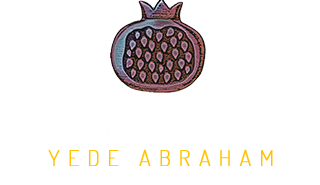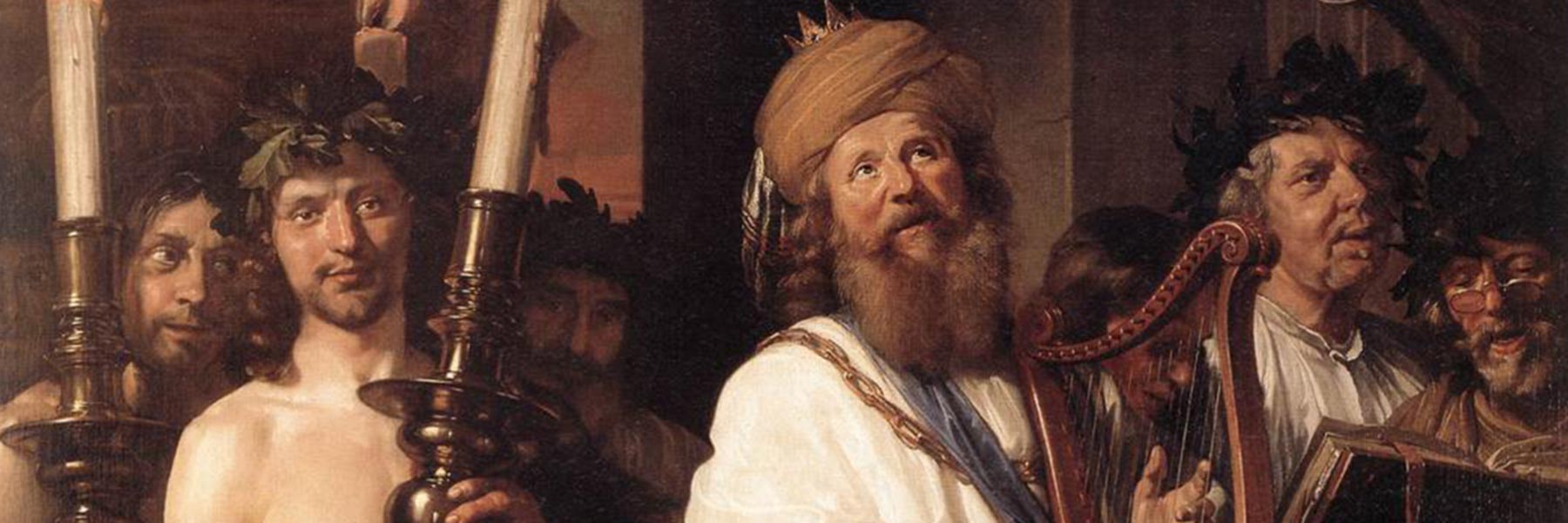References for the Hazzan
Melody Categorization from the Esnoga (Amsterdam)
Dr. Alexander Alvares Vega graciously provided recordings and categorizations of various important melodies, from his direct experience growing up in the Spanish & Portuguese tradition in Amsterdam before World War II.
Click on a link below to hear Dr. Vega sing part of that tune.
The first table shows melodies for communal singing, with the exception of Tehielat and Lebetecha:
- Tehielat is sung at the table before Birkat Hamazon either following En Kelokenu, or Tehielat by itself.
- Lebetecha is sung by the Hazzan on Erev Shabbat, preceding the Kaddish Le’Ela.
Reading down a column will tell you which melodies are appropriate for that piece (heading), namely the melodies on the lines marked with the first letter of that piece. Reading across a row will tell you for the melody listed on the left which of the pieces can use that melody (indicated by the first letter of that piece in the appropriate column).
The second table (marked with capital letters) are sung by the Hazzan.
Notes of interest:
- The numbers (or letters) attached to the melodies have no significance to the melodies or uses themselves
- ur melodies for Hallel are sung on Major Festivals
- Jedee rasjiem (#10) is sung on the High Holidays only
- Mie Chamocha
| Number | Description | Hallel | Yigdal | Adon ‘Olam | En Kelokenu | Tehielat | Lebetecha |
| 1 | Grote feestwijs (eerst laag dan hoog) | h | a | e | t | ||
| 2 | Zeven a’s | h | |||||
| 3 | Kos | h | |||||
| 4 | Vierde feestwijs voor Hallel | h | e | t | |||
| 5 | Slaap kindje slaap | a | t | ||||
| 6 | Trappenwijs | a | |||||
| 7 | Eerste Jiegdal voor feest | j | |||||
| 8 | Tweede Jiegdal voor feest | j | |||||
| 9 | Vijfde feestwijs voor Hallel | h | e | t | |||
| 10 | Jedee rasjiem | h | j | a | e | t | |
| 11 | Jom zeh leJisrael | l | |||||
| 12 | Kie esjmera shabbat | h | l | ||||
| 13 | Jiegdal van vrijdagavond | j | |||||
| 14 | Abarech | a | |||||
| 15 | Gewone Adon ’Olam | a | |||||
| 16 | Adon ’Olam (Londense wijs?) | a | |||||
| 17 | Hoogduitse En Kelokenoe | e | t | ||||
| 18 | Nog een En Kelokenoe | e | t | ||||
| 19 | Mie Chamocha | h | a | e | t | ||
| 20 | Ja’a Riebon ’Alam | h | |||||
| 21 | Chol Hamo’edwijs | h | a | e | t | ||
| 22 | Stuipenkadiesj | e | t | ||||
| 23 | Sjier Hama’alot Asjree Kol Jeree | j | |||||
| 24 | Hodoe laSjem Kier’oe Biesjmo | e | t | ||||
| 25 | Hallel voor Rosj Chodesj, Chanoeka | h | |||||
| 26 | Hashem Melech op Shabbatochtend | h |
Melodies sung by the Hazzan
| naam | wanneer gezongen | (when sung) | ||
|
A
|
Waja’achielehoe | Nakdiesjag of Keter op Rosj Hasjana of Kiepoer | Nakdisha or Keter on Rosh Hashanah or Kippur | |
|
B
|
Hasjem bekol sjofar of Lema’ancha | Nakdiesjag of Keter op Rosj Hasjana of Kiepoer | Nakdisha or Keter on Rosh Hashanah or Kiepoer | |
|
C
|
gewone saba wijs | sjachriet van gewone Saba | Shahrit ordinary Shabbat | |
| (miencha van Saba en feest is bijna maar niet precies hetzelfde) | Mincha of Shabbat is almost but not exactly the same) | |||
|
D
|
miencha eerste dag Rosh Hashana | miencha eerste dag Rosh Hashana | Mincha first day of Rosh Hashanah | |
| miencha Kiepoer | Mincha Kippur | |||
| ochtend Sjabbat Chol Hamo’ed | morning Shabbat Chol Hamo’ed | |||
|
E
|
miencha tweede dag Rosh Hashana | miencha tweede dag Rosh Hashana | Mincha second day of Rosh Hashanah | |
| ochtend Sjabbat Chol Hamo’ed | morning Shabbat Chol Hamo’ed | |||
|
F
|
Boven Gent rijst | sjachriet feest | Shachrit Festival | |
|
G
|
sjachriet feest | Shachrit Festival | ||
|
H
|
sjachriet feest | Shachrit Festival | ||
|
I
|
sjachriet feest | Shachrit Festival | ||
|
J
|
sjachriet Simchat Tora | Shachrit Simchat Torah |

